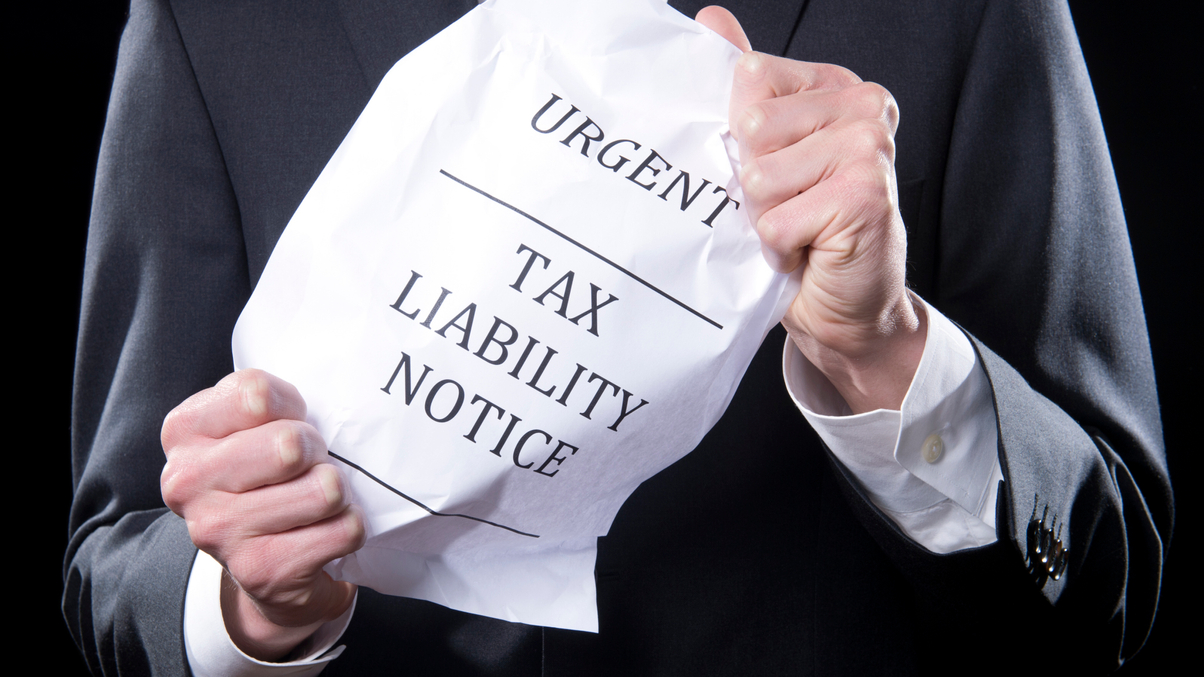Global PE firms facing China tax clampdown
New regulations surrounding Chinese asset sales are designed to punish tax evasion, although EY warns that the trickiest part will be the onerous reporting requirements.

Offshore private equity groups holding Chinese assets face tougher tax obligations under new rules.
Sign in to read on!
Registered users get 2 free articles in 30 days.
Subscribers have full unlimited access to AsianInvestor
Not signed up? New users get 2 free articles per month, plus a 7-day unlimited free trial.
¬ Haymarket Media Limited. All rights reserved.


